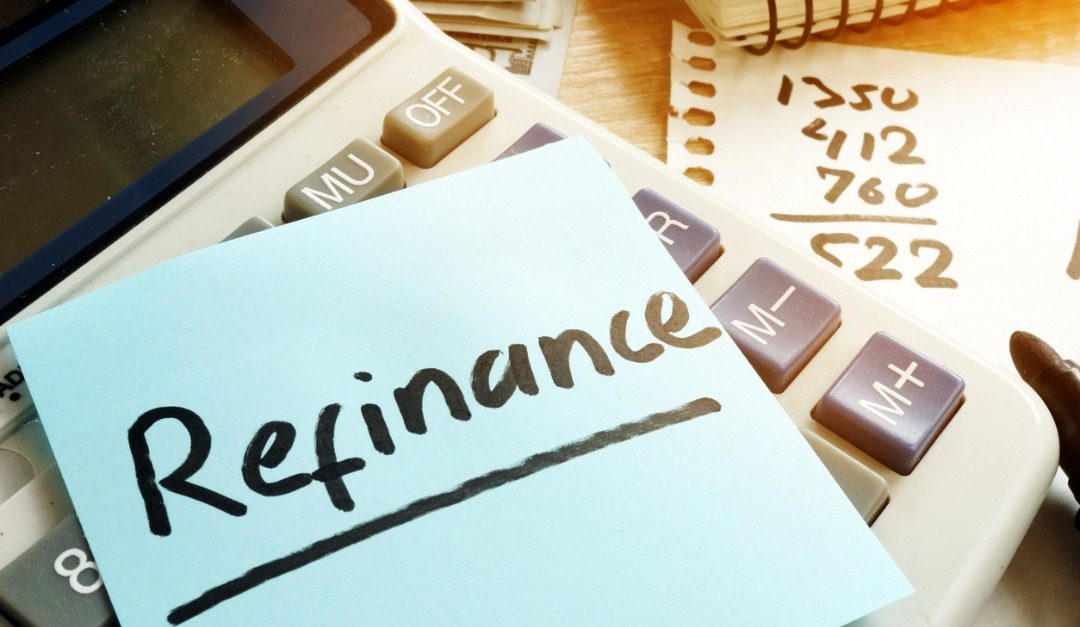The coronavirus has already had wide-ranging effects on health, daily life and the economy. The Federal Reserve recently cut interest rates to historic lows and you may be wondering whether you should refinance. As is the case with practically every question related to real estate, it depends on your situation.
Would Refinancing be a Smart Financial Move?
Compare the interest rate you could get by refinancing to your current rate. If you could get a lower rate and save a significant amount each month, that could give you more money for other priorities, such as saving for retirement or for your kids’ college education. You could also choose to pay the same amount each month and pay off your mortgage faster.
If you have been wanting to make some home improvements, you could use a cash-out refinance to access money to make repairs or build an addition. You could also use those funds to pay for other expenses, such as college tuition, credit cards and medical bills.
If you refinanced your mortgage, you would need to pay closing costs, which could be 2 to 5 percent of the principal or several thousand dollars. You might save money each month by refinancing, but it could take several years to break even. If you plan to move in the next few years, refinancing might not save you money.
Refinancing near the end of your mortgage term could cost you more in the long run. Mortgage payments go mostly toward interest early in the repayment period and mostly toward principal at the end. If you refinanced, you would start over with a new loan and pay mostly interest for several years, instead of paying mostly principal toward your original loan. You could pay more in interest overall.
Would You Qualify?
In any economic climate, you need a good credit score to qualify for a low interest rate. If you have a large amount of debt, such as loans and credit card balances, in addition to your mortgage, you might not qualify for an interest rate much lower than your current one, or you might not be approved for a refinance at all.
Many people are facing financial uncertainty in the wake of the coronavirus pandemic. Businesses across the United States have shut down. While most owners hope to reopen soon, the reality is that some companies may not survive or that they may need to lay off some of their workers to stay afloat. If your or your spouse’s job is at risk, you could have trouble qualifying for a refinance.
Figure out if Refinancing now is a Good Idea for You
In the wake of COVID-19, circumstances have been changing quickly and people are struggling to keep up and figure out how to respond. You may have an opportunity to refinance your mortgage and save money, but you should look at your entire financial picture before making a decision. If you decide to refinance, compare quotes from several lenders.




